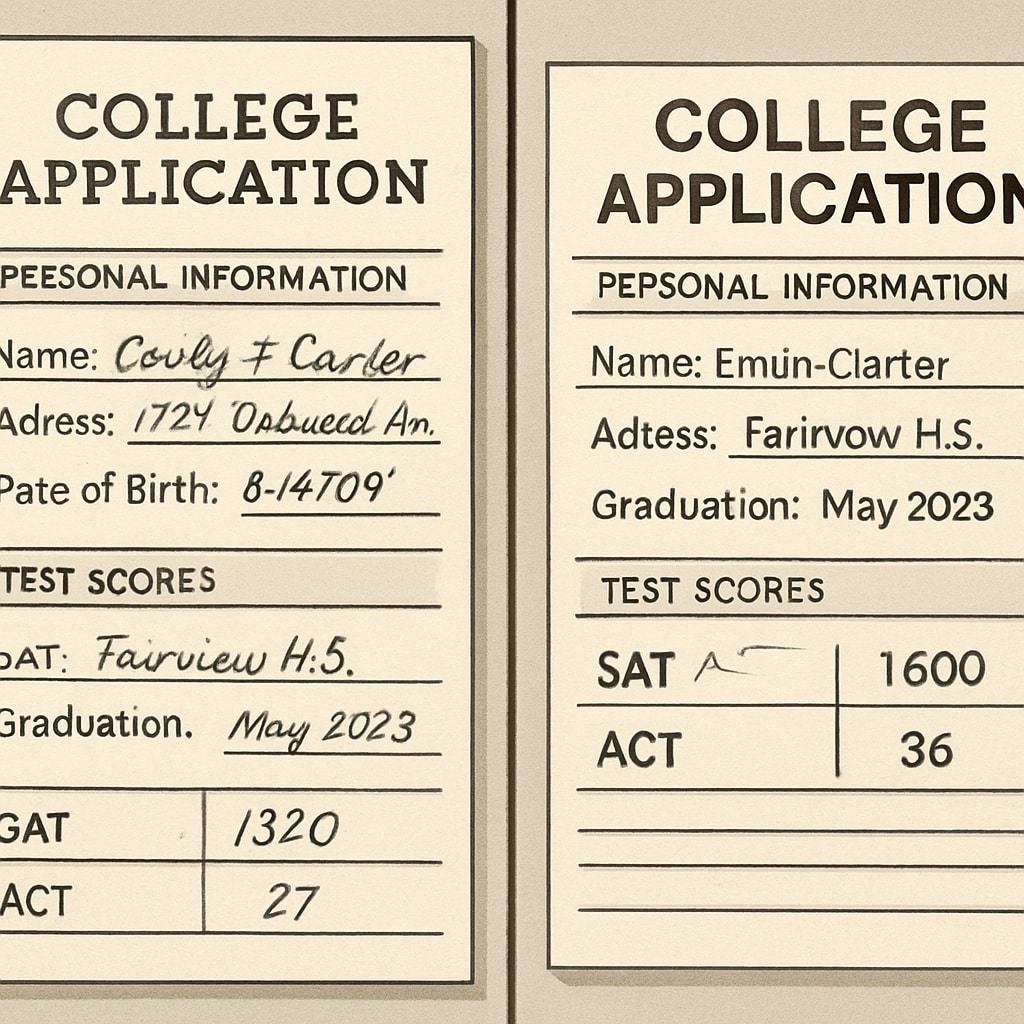“College applications, lying, consequences” – these three words define a growing crisis in higher education. Every year, students face immense pressure to stand out in competitive admissions processes. However, some cross ethical boundaries by falsifying achievements, test scores, or personal stories. This article examines why such dishonesty carries far-reaching penalties that extend beyond college years.
The Immediate Fallout of Application Fraud
When universities discover falsified information, the results are swift and severe:
- Revoked admissions: Colleges routinely rescind offers, even after enrollment begins. Harvard withdrew acceptances from 10 students in 2017 for offensive Facebook posts, showing their zero-tolerance approach (source).
- Financial penalties: Students may lose scholarships or face repayment demands if funds were awarded based on false credentials.
- Institutional bans: Many schools maintain shared databases of fraudulent applicants, potentially blacklisting students from multiple institutions.

Long-Term Career Consequences
Unlike academic mistakes, ethical violations leave permanent scars:
- Degree revocation: Universities can nullify degrees years after graduation if fraud is discovered. A 2019 MIT study found 3% of alumni records contained discrepancies that could trigger revocation (source).
- Professional licensure issues: Medical, legal, and engineering boards routinely verify educational credentials.
- Reputation damage: In the digital age, scandals follow professionals indefinitely through news archives and social media.
Why Honesty Matters More Than Ever
Modern verification tools make deception increasingly risky:
- AI-powered detection: Platforms like Turnitin now analyze application essays for authenticity patterns.
- Global data sharing: The Common App shares information across 900+ member schools worldwide.
- Background checks: Employers increasingly use third-party services to verify educational claims.

As education leaders, we must emphasize that true success stems from authentic achievement. Shortcuts in college applications create long-term vulnerabilities, while integrity builds foundations for lasting professional growth.


